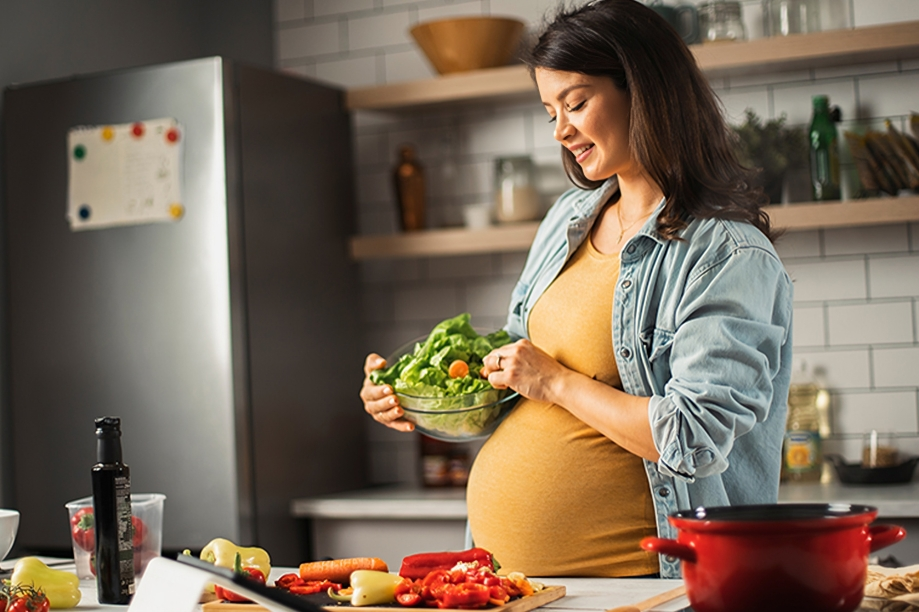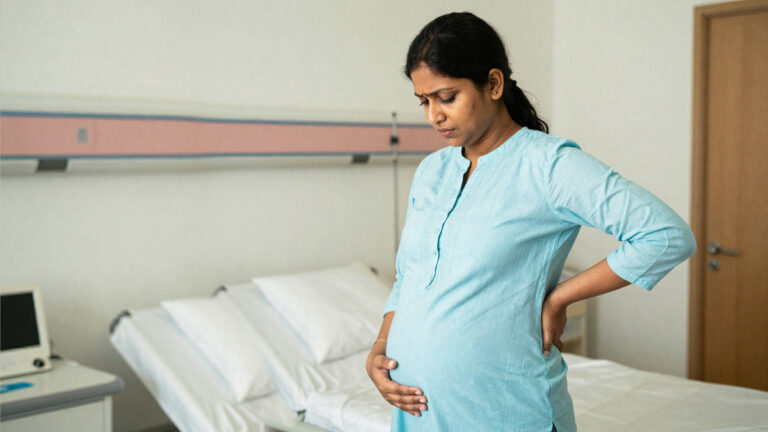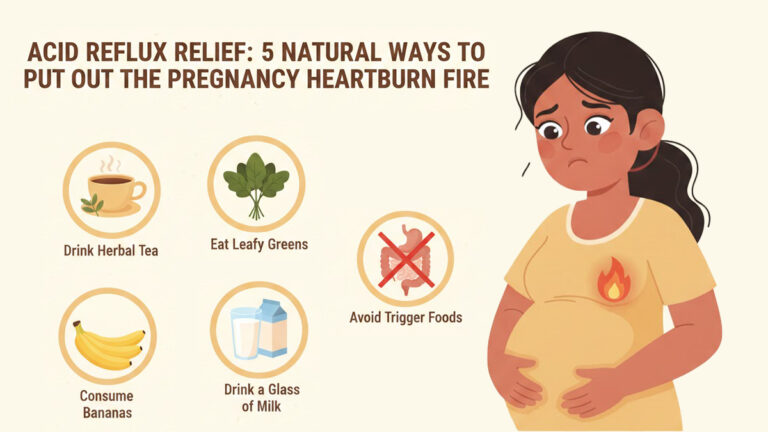Expecting a baby is a beautiful journey, and nutrition plays a vital role in this experience. The foods you eat can directly impact your baby’s health and your well-being, making it crucial to understand what’s safe and what isn’t. It’s more than just avoiding alcohol or too much caffeine; some foods, surprisingly safe-looking ones, can be harmful.
For instance, you might not think twice before reaching for certain cheeses or deli meats, but these can carry unexpected risks. Unknown to many is that some of these seemingly innocent foods can harbor bacteria or other dangers that may lead to health concerns.
That’s why it’s always a wise move to chat with your doctor or a nutrition expert. They can offer tailored advice to fit your individual needs and ensure both you and your baby thrive. After all, understanding the foods to avoid while pregnant is key in making informed choices for a healthy future.
Soft Cheeses and Raw Dairy: Hidden Dangers
Many soft cheeses and raw dairy products can hide a dangerous bacterium called Listeria. If you’re pregnant, getting infected with this bacterium can be risky for you and your baby. Listeria can cross the placenta and lead to severe illness or even pregnancy complications.

But don’t worry, you don’t have to give up cheese entirely! Instead, choose safer options like pasteurized cheese or thoroughly cooked cheese dishes.
- Safer alternatives: Hard cheeses such as cheddar or Swiss are good bets.
- Keep an eye out for labels: Always check packages to ensure the cheese or dairy product is pasteurized.
- Cook for safety: Baking cheese into dishes makes it safe to consume.
Remember, taking these simple steps can help keep you and your baby safe from the risky foods to avoid while pregnant.
Undercooked and Processed Meats: A Risk Worth Avoiding
Eating undercooked or processed meats can be risky due to bacteria and parasites. These can make anyone sick, but they’re especially concerning during pregnancy, as they can harm an unborn baby.
Every culture has its traditions around meat consumption, and some, like certain regions in India, include lightly cooked meats. Yet, it’s crucial to ensure meats are cooked thoroughly to kill harmful bacteria.
Here’s what you can do:
- Cook all meat to a safe internal temperature.
- Avoid consuming pre-packaged meats like cold cuts unless heated until steaming.
- Look for safer methods of cooking, such as grilling or baking.
By following these practices, you can dodge potential threats from such foods to avoid while pregnant.
Seafood Choices: Navigating the Mercury Minefield
Seafood can be a wonderful, nutritious part of a diet, but too much mercury is dangerous. High levels of mercury can impact your baby’s developing brain and nervous system.
Different Indian regions have diverse seafood preferences, ranging from river fish in the North to coastal varieties in the South. You can still enjoy seafood by focusing on low-mercury options like salmon, sardines, and shrimp, while avoiding high-mercury fish like swordfish and king mackerel.
- Pick low-mercury options: These are typically smaller fish.
- Avoid raw seafood: Opt for cooked versions to avoid bacteria and parasites.
- Check local advisories: Often, local fish advisories can guide safer consumption.
Knowing which seafood makes the list of foods to avoid while pregnant helps you navigate these choices wisely.
Packaged Foods and Fresh Juices: A Closer Look
Packaged foods and fresh juices may seem convenient, but they can hide bacteria. For example, pre-packaged salads or refrigerated meals might contain harmful germs.
If you’re a fan of fresh juices, be cautious. Unpasteurized juices can carry bacteria and viruses, posing risks similar to raw dairy products.
Here are some tips:
- Prepare meals at home: Homemade meals give control over the ingredients and cooking process.
- Stick to pasteurized products: This includes store-bought juices and any dairy products.
- Choose shelf-stable options: Canned or boxed juices are pasteurized and safer.
By choosing safer options, you’ll steer clear of some sneaky foods to avoid while pregnant.
Conclusion: Informed Choices Lead to Healthier Pregnancies
Being aware of which foods can be risky during pregnancy is empowering. It helps you dodge hidden dangers, ensuring a healthier pregnancy journey. While some guidelines might seem surprising, they’ll keep you and your baby safe.
Incorporate science-backed advice, focus on safety, and resist old myths. Above all, keep the conversation open with your healthcare provider. They’re there to ensure you make the best dietary decisions for your pregnancy. In doing so, you’ll embrace a journey that’s healthy, informed, and full of joy. And remember, understanding the unexpected foods to avoid while pregnant is a step towards a safer, healthier pregnancy.








